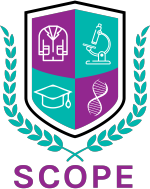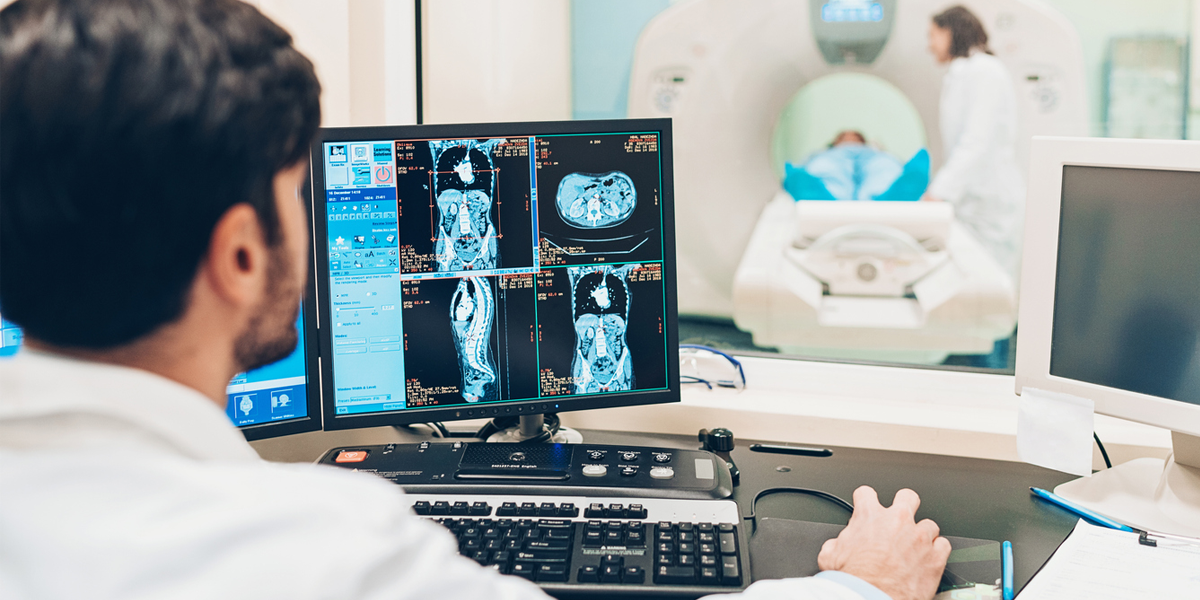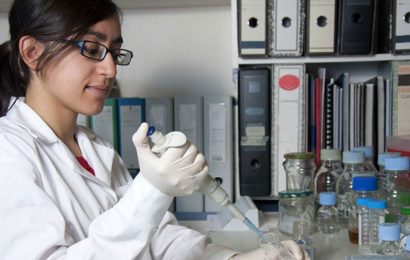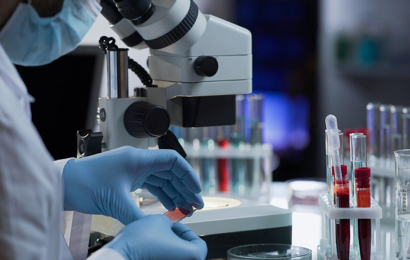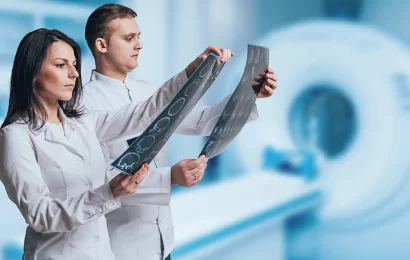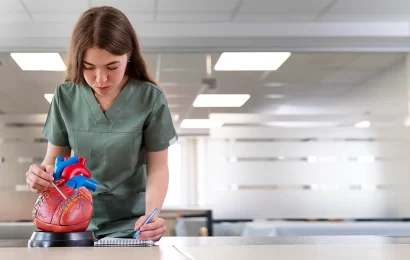- Instructor: Ankita Scope
| Course Name | BSc in Medical laboratory technology |
|---|---|
| Course Level | Degree |
| Course Duration | 6 semesters /3 years |
| Course Eligibility | 12 Science/ 10+2 or equivalent in science stream/DMLT |
| Average Salary | INR Rs. 2,40,000 to Rs. 3,00,000 per year. |
| Areas of Employment | Hospitals, Diagnostic centres, Labs, Collection centre |
| Government Affiliation | Yes |
What is a BSc in Medical laboratory technology?
A Bachelor of Science (BSc) in Medical Laboratory Technology is an undergraduate degree program that focuses on the study of laboratory procedures and techniques used in medical diagnosis and treatment. Students in this program learn how to perform various laboratory tests, analyse samples, and interpret results related to diseases and medical conditions. Coursework typically covers subjects such as clinical chemistry, microbiology, haematology, immunology, and molecular diagnostics. Graduates of this program are trained to work in medical laboratories in hospitals, clinics, research facilities, and other healthcare settings, where they play a vital role in helping healthcare professionals diagnose and monitor diseases accurately.
Career Prospects/Job Role
Depending upon one’s training and qualification, the BSc. in Medical Laboratory Technology professionals may work as technologists or technicians at medical laboratories. The student may start off by working as a technician. Some of the common job profiles available in front of graduates include – Lab Technician, Lab Technologist, Lab Supervisor and Lab Manager.
Frequently Asked Question
What is the scope of BSc Medical Laboratory Technology?
The scope of BSc Medical Laboratory Technology includes roles in hospitals, diagnostic centers, research labs, and collection centers. Graduates can work as lab technicians, technologists, supervisors, or managers in medical laboratories.
What are the advantages of pursuing a Bachelor of Science in Medical Laboratory Technology (BSc MLT)?
Pursuing a Bachelor of Science in Medical Laboratory Technology (BSc MLT) offers career stability due to constant demand in healthcare, diverse job opportunities across various medical settings, and a crucial role in diagnosing and treating diseases. Additionally, it provides opportunities for professional growth and potential for foreign placements in countries with advanced healthcare systems.
Can a BSc in MLT become a doctor?
No, a BSc in MLT does not qualify someone to become a doctor. It prepares individuals for roles as medical laboratory professionals, not physicians.
What is the salary after a BSc in Medical Laboratory Technology in India?
The average salary for a BSc MLT graduate in India ranges from INR 2,40,000 to INR 3,00,000 per year.
Is B.Sc MLT hard or easy?
The difficulty of BSc MLT depends on the individual’s aptitude and interest in subjects like clinical chemistry, microbiology, and hematology. It requires dedication and hard work but is manageable with consistent effort.
Do lab technicians need a NEET exam?
No, lab technicians do not need to take the NEET exam. NEET is required for medical courses like MBBS and BDS, not for medical laboratory technology.
Is maths required for BSc MLT?
No, maths is not typically required for BSc MLT. The course generally requires a background in science subjects like biology, chemistry, and physics.
Is BSc MLT in demand?
Yes, BSc MLT is in demand due to the growing need for skilled medical laboratory professionals in hospitals, diagnostic centers, and research facilities.
Is BSc MLT better than pharmacy?
Whether BSc MLT is better than pharmacy depends on individual career goals. BSc MLT focuses on laboratory diagnostics, while pharmacy focuses on medication and pharmaceutical sciences. Both fields have their own merits.
Can I do BSc MLT after the 12th?
Yes, you can pursue BSc MLT after completing the 12th grade in the science stream (with subjects like biology, chemistry, and physics).
